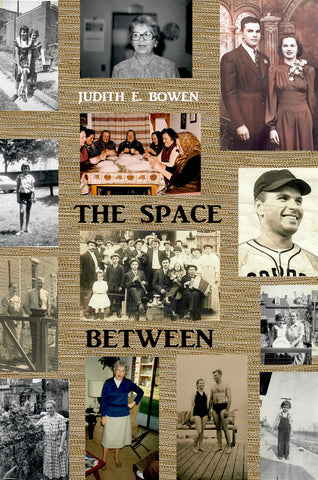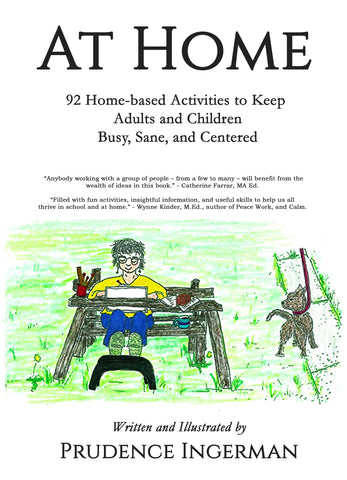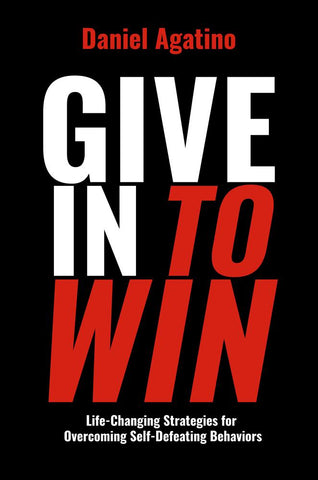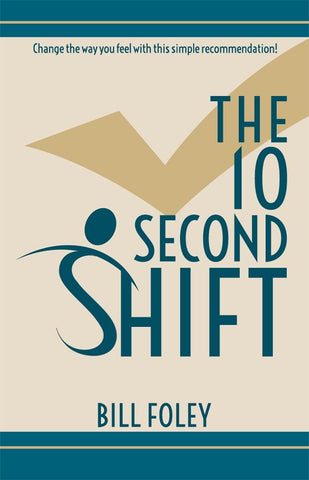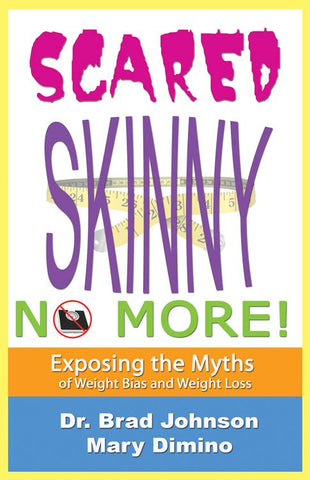The Sport Parents' Guide to Helping Young Athletes Master Mental Toughness in Sport.
If you have a son or daughter who is a young athlete, you already know, or will soon know, that you are engaged in one of the most wonderful experiences of parenthood. Being the parent of a young and developing athlete can bring unsurpassed joy and excitement. It also brings significant responsibility.
As a youth sport parent you want your athlete (and hopefully other athletes, as well) to have the very best of the positive potential that sports can offer. It is no secret that youth sports can fall short of this promise. They can be a stressful, negative, or harmful experience if they are poorly planned, unwisely trained, or are void of positive parental awareness and involvement. But that is a topic and discussion for another time, and is addressed elsewhere. The good news is that such bad news can be avoided.
Youth sport is a formative and experience-filled intense emotional and psychological engagement for both athletes and parents. In that emotion is much of the promise and problem, the essence and excess of youth sports' impact. It is the understanding, training and mastery of the psychology and emotion of sport that will, to a great degree, define the quality of the experience for you and your athlete. In addition to talent and skill, it is the emotional component that paves the road to excellence in development of performance and sustained success.
This book will help you begin to understand the concepts and techniques that lead to effective psychological skills that can maximize motivation, performance and enjoyment of competition. This is a set of skills that is commonly called "mental toughness." While there is much more to mental toughness than can be described here, this book will help you to assess whether your young athlete's training is providing exposure to and development in effective and healthy aspects of mental toughness. It will also help you to promote and reinforce healthy aspects of mental toughness. We will discuss the vague concept called mental toughness, why it is needed, why it needs to be trained (and why it is often not), and how it can be trained.
Youth sports are a complex undertaking - organizationally, financially, socially, emotionally and psychologically. We will focus on just one aspect, a crucial one to be sure, but just one aspect of the competitive youth sports experience. We will assume that other factors in the foundation for a healthy and successful youth sports experience are in place.
We will assume that as youth sport parents you have assured, to the best of your ability, that your athlete has access to a program built on sportsmanship and competent developmentally-focused coaching.
We will assume that as youth sports parents you value goals such as the unique opportunity to bond with your young athlete, to fill leisure time with a safe and productive activity, to develop health and fitness, to train talent and develop skills, and to promote personal and interpersonal development, discipline, and respect for effort and achievement in oneself and others.
We will assume that absent are problematic parental motivations such as over-identification with your athlete in a vain and ill-fated search for glory, selfish over-investment in a quest for financial and/or social status returns or parental competition (not just keeping up with the Jones, but beating them).
We will also assume that you want to give your young athlete every opportunity to maximize his or her potential. By attending to the psychological and emotional components of competition - mental toughness - you are giving your athlete the best opportunity to truly become the complete athlete. Parents, though often maligned in youth sports, are rarely thanked enough for their efforts and, indeed, the sacrifices they lovingly make for their young athletes. Let us thank you right now for caring enough to give your athlete the full set of equipment to achieve excellence in his or her sport and life.
Page Count: 96
Trim Size: 8 x 10
Publish Date: November 6, 2011
Imprint: Sunbury Press
Genre: Self-Help





